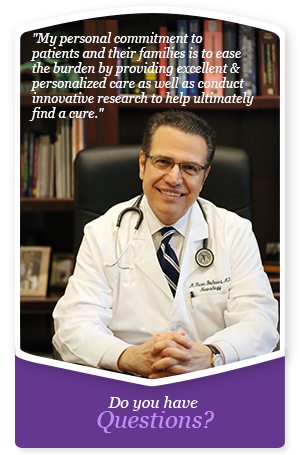Helping you make an informed decision about clinical research participation
About Clinical Trials
- A clinical trial is a research study involving human volunteers to answer specific health questions. Clinical trials are conducted according to a plan called a protocol. A protocol describes what types of patients may enter the study, schedules of tests and procedures, drugs, dosages, and length of study, as well as outcomes that will be measured. Each person participating in the study must agree to follow the protocol.
Why Clinical trials are conducted
- To see if a new drug or device is safe and effective for people to use.
- To compare existing treatments to determine which is better.
- To study different ways to use standard (approved) treatments, so they will be more effective, easier to use, and/or decrease side effects.
- To learn how to best use the treatment in a different population, such as children, in whom the treatment was not previously tested.
Some of the possible benefits of participating in a clinical trial
- To gain access to potentially new research treatments.
- Receive expert medical care for the condition being studied.
- Help others by contributing to medical research and treatment advances.
- Receive compensation for study visits.
Some of the possible risks of participating in a clinical trial
- There may be unpleasant, serious, or even life threatening side effects resulting from the treatment.
- The treatment may not be effective.
- Participation in the trial may be demanding and time consuming.
- To protect the rights and welfare of clinical research participants, U.S. Federal Agencies including the Food and Drug Administration (FDA) & the National Institutes of Health (NIH) oversee much of the medical research in the U.S.
- Institutional Review Boards (IRBs) oversee the centers where clinical research studies are conducted. IRBs review and approve study protocols to ensure that a clinical trial is ethical and that volunteers’ rights are protected.
- A participant in a clinical trial has access to the IRB that is overseeing the research and access to a volunteer advocate, the physician and staff conducting the trial.
- Federal agencies inspect individuals and institutions conducting research. They also inspect IRBs.
- Some IRBs are accredited much like hospitals can be “accredited” and some research investigators and staff are “certified” as research professionals.
Key Questions to Ask Before Participating in a Clinical Trial
- What is the main purpose of this study?
- Does the study involve a placebo or a treatment that is already on the market?
- How will the treatment be given to me?
- How long is the study going to last and what will I be asked to do as a participant?
- What has been learned about the study treatment and are any study results published?
- Do I have to pay for any part of the study? Will my insurance cover these costs?
- Is there any reimbursement for travel costs?
- Will I be able to see my own doctor?
- If the treatment works for me, can I keep using it after the study?
- Can anyone find out whether I’m participating in the clinical trial?
- Will I receive any follow-up care after the study has ended?
- What will happen to my medical care if I stop participating in the study?
- Does the physician/investigator have any financial or special interest in the clinical study?
- What are the credentials and research experience of the physician and study staff?
Resources: https://www.ciscrp.org/educationcenter/important-information/



